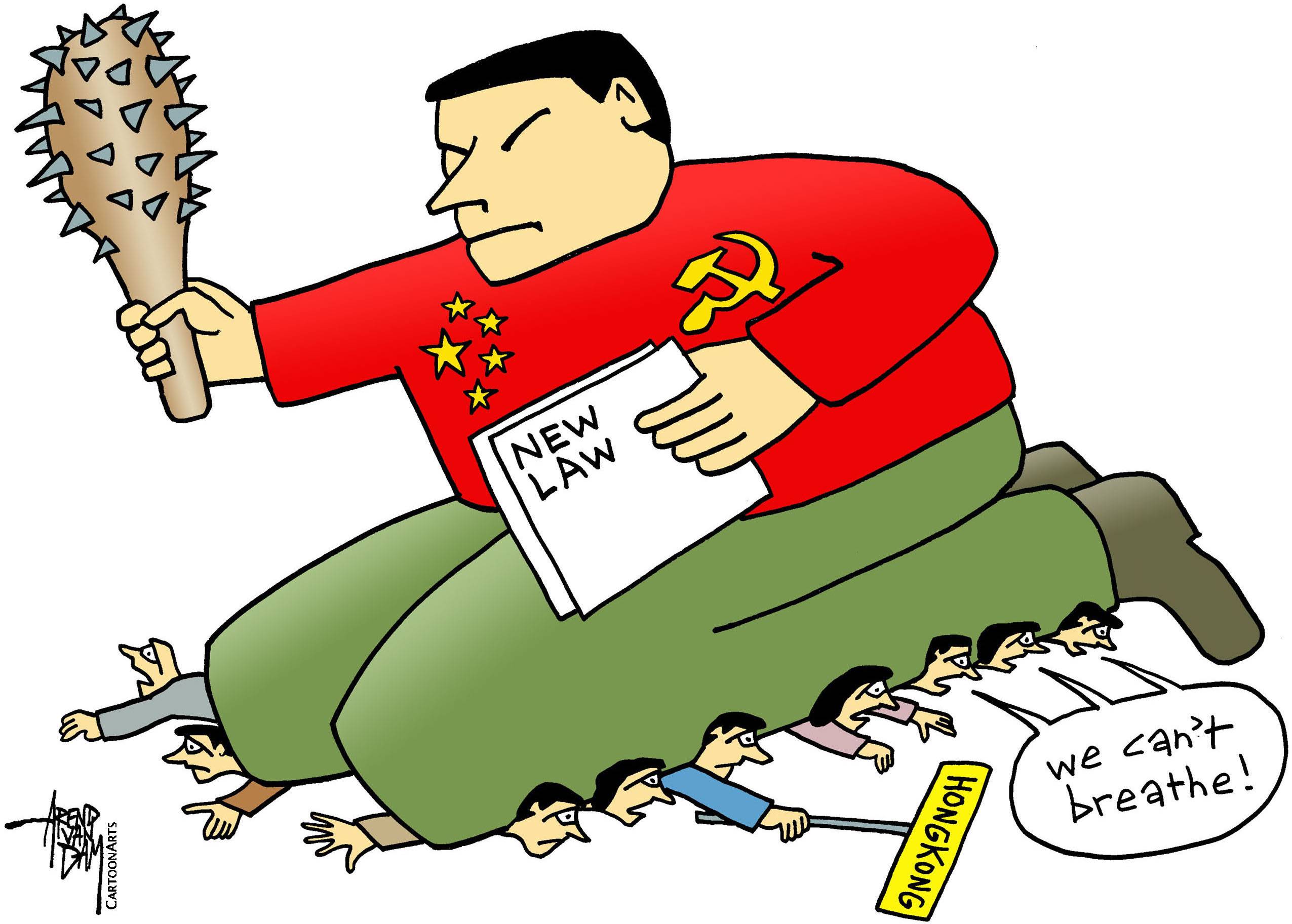Led by the West, the international community has been vocal in its opposition to the Hong Kong national security law. Naturally, Hong Kong residents themselves have also protested. Yet, there are those among emerging and developing countries that support China’s Hong Kong policy, and in fact Beijing’s policy enjoys quite a lot of support in mainland China as well.
From Hong Kong’s perspective, the Chinese logic of “national security” crossed the Rubicon with the sweeping away of the economic development argument, to be replaced by the expanded application of national security legislation. It certainly appears to be turning point if we recall Hong Kong’s long history as a point of contact between China and the West and between continental China and Taiwan during the Cold War. However, I do not think that the decline of Hong Kong is now inevitable. Rather, it is likely that Hong Kong’s role will reorient towards China, which is why a reinterpretation of “One country, two systems” was needed. Of course, what Beijing wants may not necessarily be what it ends up getting.
The Sino–British Joint Declaration, which became the basis for the return of Hong Kong in 1997, and the Hong Kong Basic Law were both agreements between China and Britain. However, they can also be considered agreements between China and the capitalist West, which had invested in Hong Kong. Moreover, even after its return, Hong Kong continued to function as a point of contact and as a conduit for foreign capital, especially from developed countries, being invested in China. As a result, investments in China via Hong Kong increased and Hong Kong sometimes even took on the role of a temporary evacuation site from China. This was vital for China in its pursuit of economic development based on a model of foreign investment and exports. As a financial center, Hong Kong was key to Chinese economic development.

















With your current subscription plan you can comment on stories. However, before writing your first comment, please create a display name in the Profile section of your subscriber account page.